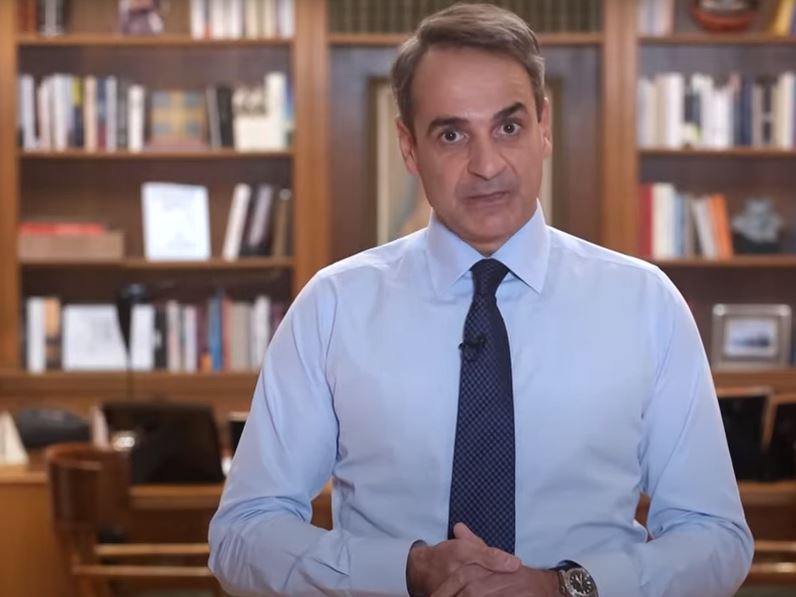
The strictest post-down lockdown measures taken to date by the Greek government were unveiled on Thursday evening by PM Kyriakos Mitsotakis, with all unvaccinated adults in the country prohibited from entering closed public spaces as of Monday.
As such, cinemas, theaters, museums and gyms are included in the measure.
The more-or-less expected “crack down” on so-called “anti-vaxxers” came as Thursday witnessed another 63 related deaths and 556 intubated patients suffering from acute Covid-19 symptoms. Daily confirmed infections over the past two weeks have exceeded 6,000 to 7,000 cases.
Previous right of entry, with the presentation of negative rapid or PCR tests, into closed public spaces is also abolished.
In a bid to avoid criticism of a “heavy-handed” reaction vis-à-vis a significant minority of adults in the country, especially those over the age of 70, still not vaccinated, Mitsotakis said this was an “indirect act” towards protection and an “indirect exhortation” to get vaccinated.
On the sensitive issue of church-going, speaking during a nationally televised broadcast, Mitsotakis said people entering houses of worship must present negative lab tests for the Covid-19 virus, something he said even foreseen in an encyclical issued by the Holy Synod of the Autocephalous Orthodox Church of Greece.
Additionally, he said a two- or one-dose “vax certificate” for entry into closed public spaces for individuals above the age of 60 will expire after seven months from its publication, another measure aimed at getting people in at-risks categories vaccinated with a third dose.
Another non-medical measure announced will be the imposition of rolling work schedules, meaning different arrival and departure times for employees at shops, companies and the public sector, along with stepped up checks and inspections.
Finally, Mitsotakis said more resources will be funneled into the national health system, something that will include both new hirings and the civil conscription of private sector physicians.
Latest News

IMF: US Tariffs Shake Global Economy, Outlook Downbeat
IMF slashes global growth forecast to 2.8% as U.S. tariffs create uncertainty and ‘negative supply shock

First Step Towards New Audiovisual Industry Hub in Drama
The project is set to contribute to the further development of Greece’s film industry and establish Drama as an audiovisual hub in the region

Airbnb Greece – Initial CoS Ruling Deems Tax Circular Unlawful
The case reached the Council of State following annulment applications filed by the Panhellenic Federation of Property Owners (POMIDA)

Mitsotakis Unveils €1 Billion Plan for Housing, Pensioners, Public investments
Greek Prime Minister Kyriakos Mitsotakis has announced a new set of economic support measures, worth 1 billion euros, aiming to provide financial relief to citizens.

Alter Ego Ventures Invests in Pioneering Gaming Company ‘Couch Heroes’
Alter Ego Ventures' participation in the share capital of Couch Heroes marks yet another investment by the Alter Ego Media Group in innovative companies with a focus on technology.

Corruption Still Plagues Greece’s Driving Tests
While traffic accidents continue to claim lives on Greek roads daily, irregularities and under-the-table dealings in the training and testing of new drivers remain disturbingly widespread

Pope Francis Died of Stroke and Heart Failure Vatican Confirms
As news of the official cause of death spread, tributes poured in from across the globe. The 1.4 billion-member Catholic Church is united in grief, remembering a pope who championed inclusion, justice, and compassion

Increase in Both Museum Visits, Revenues for 2024
As expected, the Acropolis was the top archeological site in the country, followed by Sounion, Mycenae, the ancient theater of Epidaurus, and Vergina in northern Greece

Where Greece’s Tourists Come From: A Look at 2025’s Top Visitor Markets
The United Kingdom continues to hold the top spot as the largest source of incoming tourism, with 5.6 million seats booked for Greece this summer — up 2.2% from last year. This accounts for 20% of all international air traffic to Greece

Pope Francis: A Pontiff Who Reshaped the Papacy and Sparked a Global Conversation
His first words from the balcony of St. Peter’s Basilica—“Brothers and sisters, good evening”—set the tone for a pontificate that would challenge norms, favor mercy over dogma, and bring the papacy closer to the people.












![Πλημμύρες: Σημειώθηκαν σε επίπεδα ρεκόρ στην Ευρώπη το 2024 [γράφημα]](https://www.ot.gr/wp-content/uploads/2025/04/FLOOD_HUNGRY-90x90.jpg)



![Ξενοδοχεία: Μεγάλο το ενδιαφέρον για επενδύσεις στην Ελλάδα – Η θέση της Αθήνας [γραφήματα]](https://www.ot.gr/wp-content/uploads/2025/03/Athens-hotels-90x90.jpg)








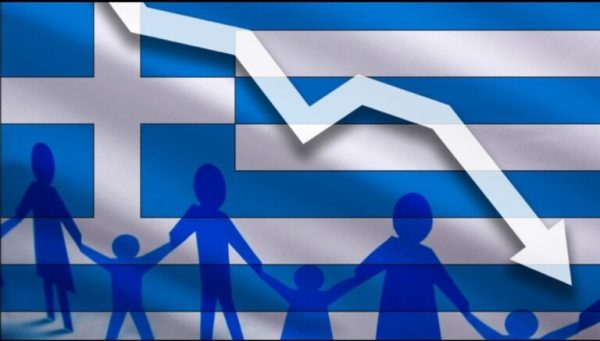
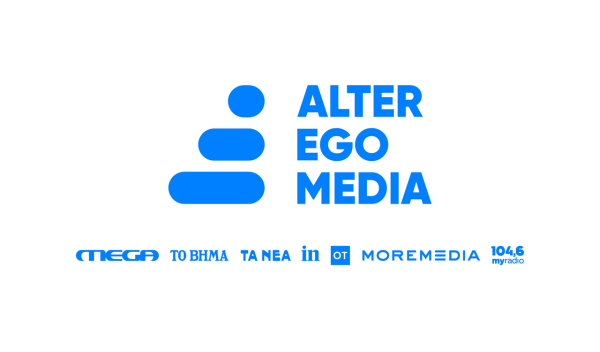

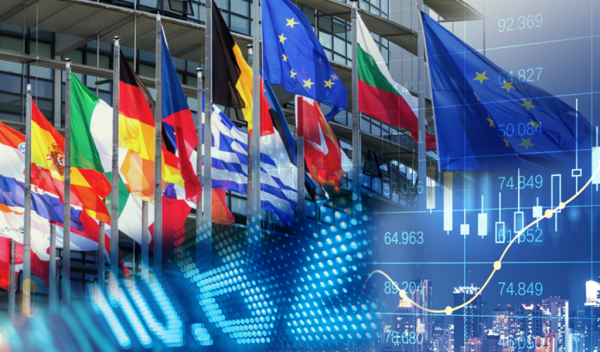

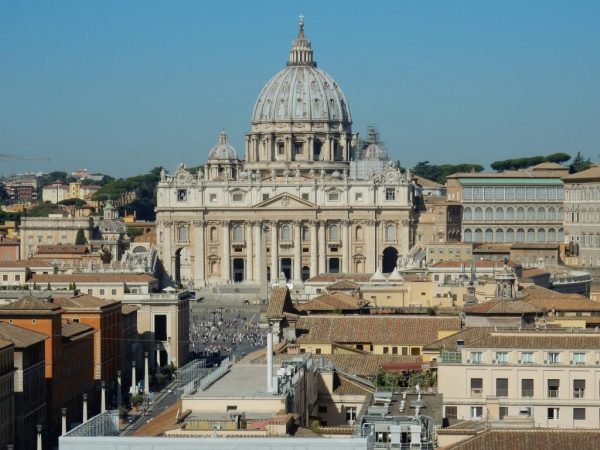




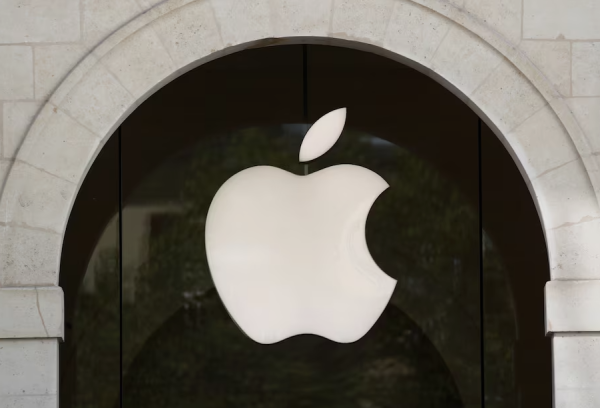





 Αριθμός Πιστοποίησης
Αριθμός Πιστοποίησης